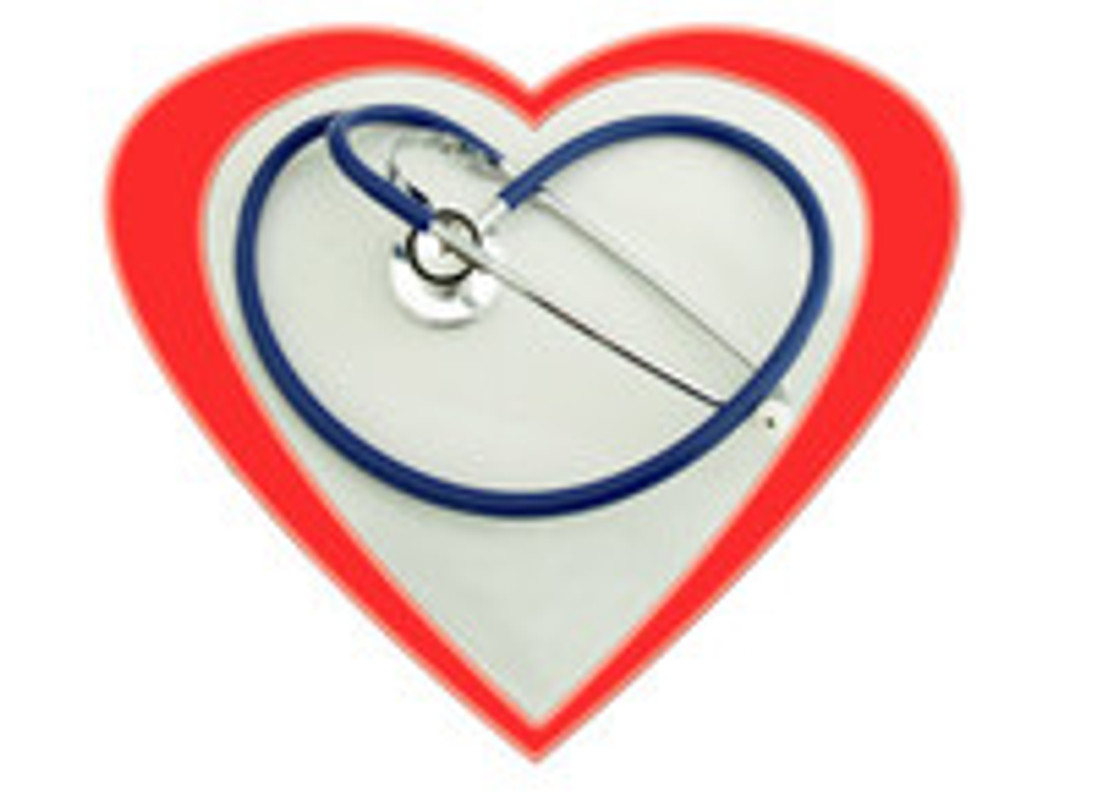Doctors Dubious Over Niacin's Heart Health Benefits
Heart disease is the number one cause of death among men and women in the U.S. According to the Centers For Disease Control and Prevention (CDC), approximately 600,000 Americans die from heart-related disease and illness each year. In other words, 1 out of 6 deaths are attributed to heart problems.
Doctors stress the importance of a balanced diet and regular exercise for individuals who are at risk for heart disease. Up until now, it was also believed that taking a niacin (vitamin B3) supplement daily may also help protect against heart disease. But a new study reveals some surprising information on the correlation between niacin and heart health. Rather than reducing a person's risk of heart disease, it may have the opposite effect by increasing their risk.
Niacin is an essential compound the human body requires to operate and function normally. It wards off nausea, fatigue, headaches, and protects against anemia. Previous studies even found it to promote healthy heart functions; thus, lowering a person's risk of developing cardiovascular disease.
But a new study published in the New England Journal of Medicine suggests niacin -- when used over a long period of time -- could lead to heart disease. For the study, doctors closely monitored some 25,000 heart patients over the course of four 4 years, paying close attention to their heart health and drug regimen. The patients were given either niacin or a placebo.
Researchers found that patients who took niacin experienced lower levels of LDL cholesterol (the bad kind), but these patients did not experience any improvement in their heart conditions.
The most astounding revelation from this study is that researchers discovered new side effects of niacin that were previously unknown. For starters, patients taking the niacin supplement had a 55% higher risk of developing complications from diabetes. Niacin also caused gastrointestinal (GI) problems in approximately 4.8% of the patients. Some of the most commonly reported symptoms of patients taking niacin was muscle pain, gout and infection.
"Among participants with atherosclerotic vascular disease, the addition of extended-release niacin–laropiprant to statin-based LDL cholesterol–lowering therapy did not significantly reduce the risk of major vascular events but did increase the risk of serious adverse events"
In the wake of these new findings, doctors are now urging people who either have heart disease, or who are at risk for developing heart disease, to avoid taking niacin.
What are your thoughts on niacin and heart health? Do you believe it works? Let us know in the comments section below!
Recent Posts
-
Fire Safety in the Workplace: What You Need to Know
What steps are you taking to prevent fires in your workplace? According to the U.S. Occupational Saf …Aug 23rd 2023 -
Is It Safe to Go Jogging With a Cold Infection?
If you're suffering from a cold infection, you might be wondering whether it's safe to go jogging. T …Aug 22nd 2023 -
5 Safety Tips to Follow When Using a Powder-Actuated Tool
Powder-actuated tools are commonly used to join materials to steel and concrete. Also known as Hilti …Aug 20th 2023




